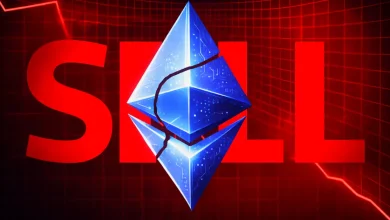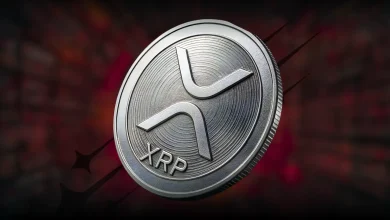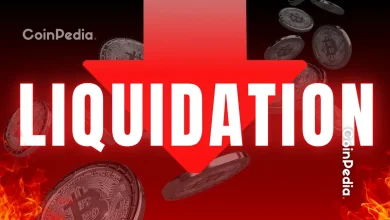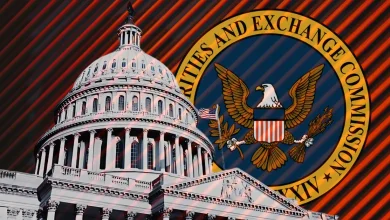India’s Tax Authority Pushes to Reshape Crypto Framework: Tax, Regulatory Clarity, Administrator Agency
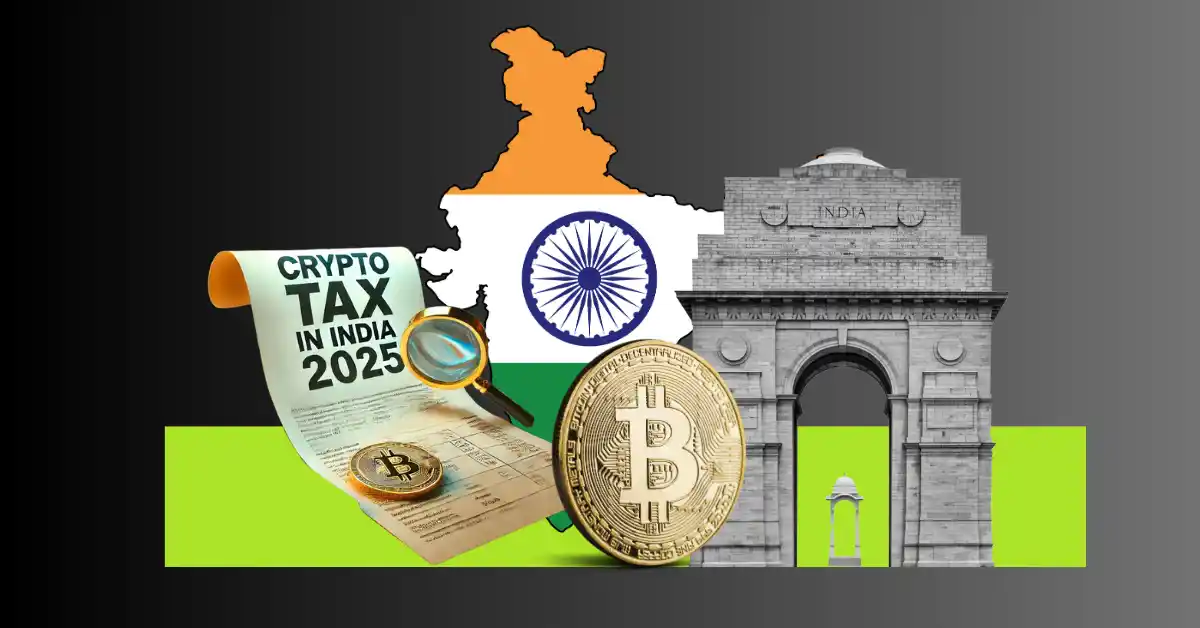
CBDT is asking platforms to explain how taxes, unclear regulations, and liquidity issues have affected them.
It also questioned the questioned the lack of clarity in derivative trading, cross-border transactions, and the definition of a VDA.
Clear regulatory framework may offer more job opportunities and attract foreign businesses.
India is taking a closer look at its crypto tax and regulatory system. The Central Board of Direct Taxes (CBDT) has raised questions about the current framework for Virtual Digital Assets (VDAs). It is reviewing the effect of the 1% tax deducted at source (TDS) and the lack of clear rules for the sector.
Reformation of Crypto Tax in India?
As reported by the Economic Times, India’s strict tax regime has forced many crypto platforms to move abroad, especially to Dubai. The government is asking platforms to explain how taxes, unclear regulations, and liquidity issues have affected them.
Right now, India’s tax rules include:
- 30% tax on all crypto profits
- 1% TDS on every sale above ₹10,000 a year
- 18% GST on platform fees and services
Industry groups say the 1% TDS is too high and has reduced trading activity on Indian exchanges. Many companies have shifted overseas to avoid these rules. They had suggested lowering TDS to 0.01% and raising the minimum limit, but the government refused, saying it would weaken tax checks in such a risky sector.
CBDT Questions the Crypto Regulatory Clarity
The CBDT has questioned the lack of clarity in derivative trading, cross-border transactions, and the definition of a VDA. The authority reported that platforms must respond with their readiness to adapt the international standards, such as the OECD’s Crypto-Asset Reporting Framework (CARF).
The CBDT has also asked crypto exchanges whether India needs a comprehensive law dedicated to VDAs. The authority is also seeking opinions on which Indian agency should administer crypto laws— SEBI, RBI, Ministry of Electronics & IT (MeitY), or Financial Intelligence Unit-India (FIU-IND).
What are the Industry Experts Saying?
During the Lok Sabha discussion, “A Study on Virtual Digital Assets (VDAs) and Way Forward,” held on August 14, several industry experts presented their opinions on crypto.
According to the industry, a well-defined and adaptable regulatory framework could enable India to generate over 7 million jobs. It can also attract USD 2 billion in annual foreign investment and promote a transparent and inclusive financial system.
Sudhakar Lakshmanaraja, Founder of Digital South Trust, commented, “India is in a unique position to become a global leader in the Web3 space.”
“The government’s focus on VDAs and a regulatory framework will provide the clarity necessary for the industry to flourish, driving innovation, investment, and job creation,” he added.
Never Miss a Beat in the Crypto World!
Stay ahead with breaking news, expert analysis, and real-time updates on the latest trends in Bitcoin, altcoins, DeFi, NFTs, and more.
FAQs
India taxes crypto profits at 30%, plus 1% TDS on trades and 18% GST on services.
The 1% TDS has reduced liquidity and trading, pushing many Indian crypto firms abroad.
Experts say clear rules could add 7M jobs, $2B yearly FDI, and boost Web3 leadership.
Trust with CoinPedia:
CoinPedia has been delivering accurate and timely cryptocurrency and blockchain updates since 2017. All content is created by our expert panel of analysts and journalists, following strict Editorial Guidelines based on E-E-A-T (Experience, Expertise, Authoritativeness, Trustworthiness). Every article is fact-checked against reputable sources to ensure accuracy, transparency, and reliability. Our review policy guarantees unbiased evaluations when recommending exchanges, platforms, or tools. We strive to provide timely updates about everything crypto & blockchain, right from startups to industry majors.
Investment Disclaimer:
All opinions and insights shared represent the author's own views on current market conditions. Please do your own research before making investment decisions. Neither the writer nor the publication assumes responsibility for your financial choices.
Sponsored and Advertisements:
Sponsored content and affiliate links may appear on our site. Advertisements are marked clearly, and our editorial content remains entirely independent from our ad partners.

